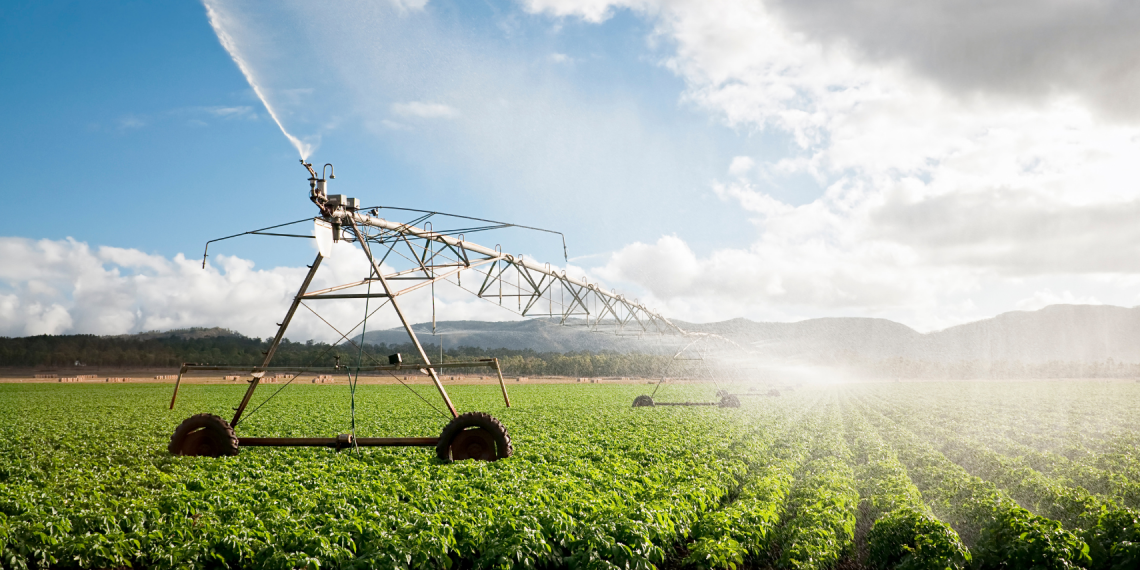The Tools4AgriEnergy initiative, coordinated by INESC TEC, aims to explore the complementary relation between the activities of the agricultural, livestock and agrofood sectors, focusing on SMEs and the establishment of Renewable Energy Communities and Collective Self-Consumption; the endeavour will also foster the development of collaborative networks and a digital platform for the management of said communities and consumption model. The different activities planned for the next two years are another step towards decarbonising the energy system.
Committed to valuing Renewable Energy Communities and exploring synergies, the 11 entities part of this innovation network (companies and industrial agents) aim to make better use of locally produced energy and reduce power and water supply costs.
“This initiative features two major components. On the one hand, the design of business models and organisational structures for an integral solution that is scalable and replicable to different agricultural, agricultural, and agrofood sectors. This will allow proposals to improve the current regulation of self-consumption and democratise its legal framework to other sectoral contexts. On the other hand, it focuses on developing a specific digital platform for the management of Renewable Energy Communities and self-consumption in the agricultural, livestock and agrofood sectors”, explained José Villar, researcher at INESC TEC Centre for Power and Energy Systems (CPES).
The current European context of decarbonisation of the energy system poses challenges to the agrofood sector, in terms of sustainable development – which is inevitably associated with the adoption of energy self-sufficient production processes that contribute to an effective energy transition and decarbonisation of the sector. Self-consumption and local energy sharing solutions within the scope of Renewable Energy Communities and Collective Self-Consumption are key EU strategies.
“From a multisectoral approach, the integration of renewable energy sources in the agricultural, livestock and agrofood sectors leads to major benefits: from reducing energy costs to supplying energy to remote places. EDIA – Empresa de Desenvolvimento e Infraestruturas do Alqueva, a member of the consortium, is installing floating photovoltaic panels with significant economic and environmental benefits, like the reduction of the energy costs and the non-occupation of useful agricultural land”, stated the researcher.
Currently, there are no complete commercial solutions for the management of collective self-consumption and renewable energy communities. The project may have a relevant economic impact by reducing the energy costs of agricultural activities, boosting the competitiveness of the agrofood system, and contributing to the sustainability of this sector.
This project, part of the Recovery and Resilience Plan and the Innovation Agenda for Agriculture 20|30 – Terra Futura, brings together several entities: INESC TEC, EDIA, FENAREG – Federação Nacional de Regantes de Portugal, National Institute for Agrarian and Veterinarian Research, COTR – Irrigation Technology and Operating Centre, the SMEs Fortune, Lia Orelha, Gravera, Queijaria Vasco and Pacheco, Risca Grande, and Cooperativa Agrícola da Vidigueira. The consulting company VALOR also supports this project.
The researcher mentioned in this news piece is associated with INESC TEC.



 News, current topics, curiosities and so much more about INESC TEC and its community!
News, current topics, curiosities and so much more about INESC TEC and its community!